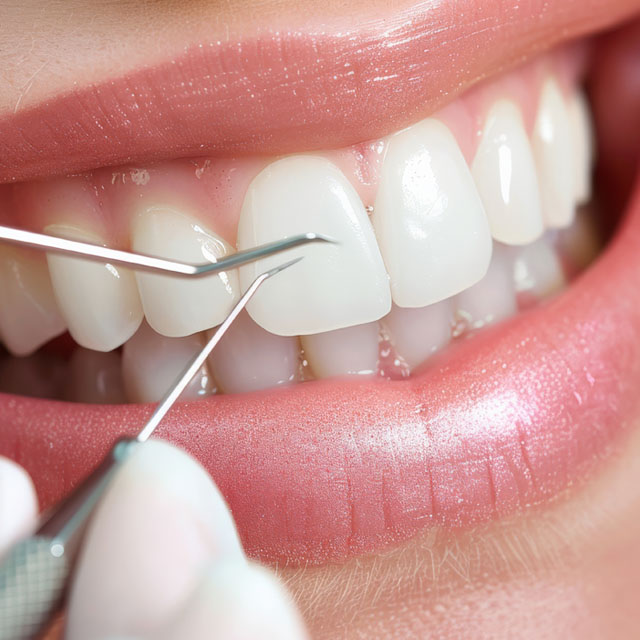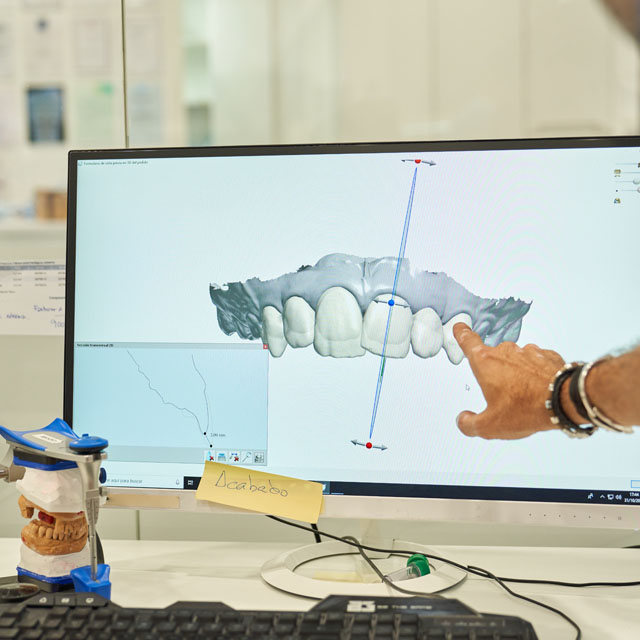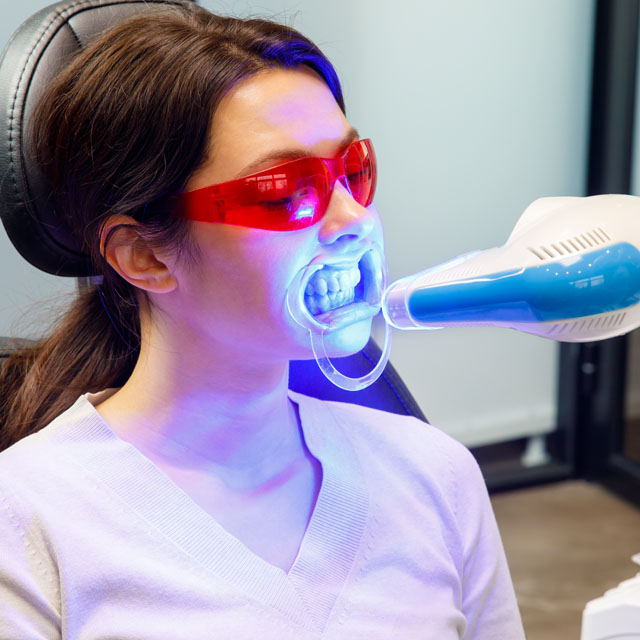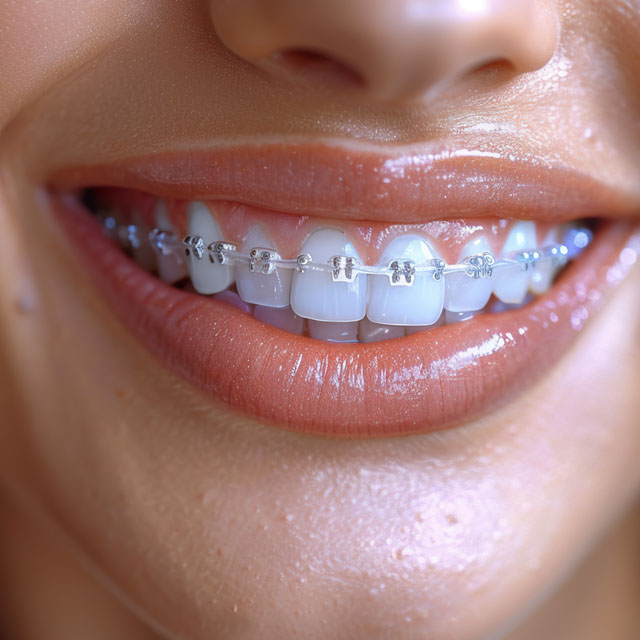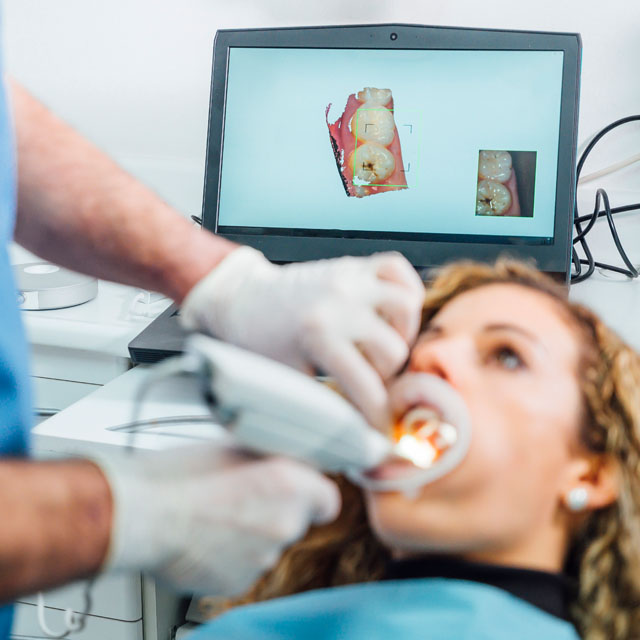Gum Surgery
Restore your smile and keep your teeth healthy with our advanced gum surgery
The Importance of Gum Health
Gum surgery, also known as periodontal surgery, is a common procedure used to treat gum disease (periodontitis). When plaque and tartar build up under the gumline, they cause an infection that can damage the gums and bone supporting your teeth. If left untreated, this can lead to tooth loss. This type of surgery is performed by a specialized gum doctor or a dentist to thoroughly clean infected areas, remove bacteria, and repair damaged gums and bone. The goal is to get your gums healthy again and prevent further damage.
Getting a professional gum treatment like periodontal surgery can significantly improve your oral health. Healthy gums can prevent tooth loss and may also lower your risk of other health issues, including heart disease and diabetes.

When Is Gum Surgery Needed?

Your dentist may recommend gum surgery if you have severe gum disease that hasn't responded to non-surgical treatments like deep cleanings. You may be a candidate for this procedure if you're experiencing any of these common symptoms:
Types of Gum Surgery
Depending on your specific needs, your gum specialist may recommend one of these procedures:
Flap Surgery
Bone Grafting
Soft Tissue Graft
- Tissue from another part of your mouth is used to cover exposed tooth roots and treat gum recession.
Crown Lengthening
- Excess gum or bone tissue is removed to expose more of the tooth, often done for cosmetic reasons or to prepare for a dental restoration.
Guided Tissue Regeneration
- A special barrier is placed to encourage the regrowth of bone and tissue that has been lost due to gum disease.
What to Expect Before and After Surgery
Before Your Procedure
- To prepare for your surgery, your dentist may give you an antibiotic to prevent infection and ask you to temporarily stop taking certain medications like aspirin. You should also arrange for someone to drive you home, as the anesthesia or sedation may affect your reaction time. Your dentist will provide you with specific instructions on how to prepare.
After Your Procedure
- Recovery varies depending on the type of surgery you have, but you can generally expect some swelling and discomfort. Your dentist will give you detailed instructions on how to care for your mouth while it heals.
- Diet: You'll likely need to eat soft foods for a few days or weeks. Some examples of these foods are yogurt, scrambled eggs, mashed potatoes, and pasta.
- Hygiene: Your dentist may recommend a special mouthwash and give you instructions on how to brush and floss gently around the treated area.
- Sensitivity: You might experience temporary tooth sensitivity, but this should improve as you heal.








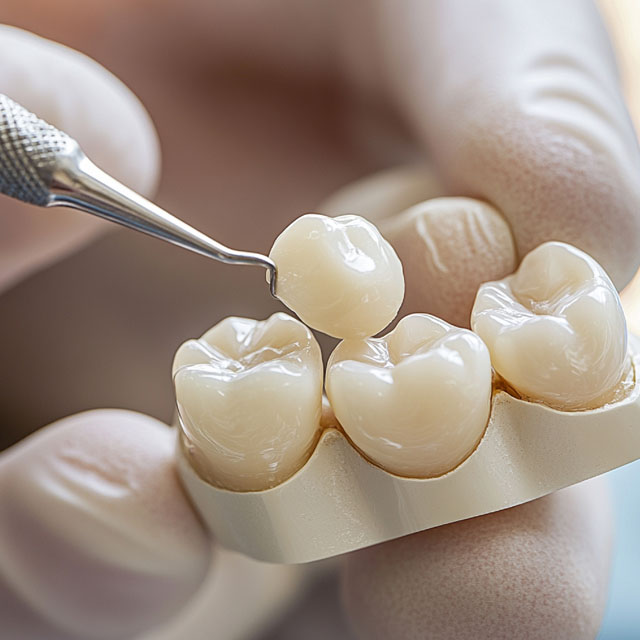
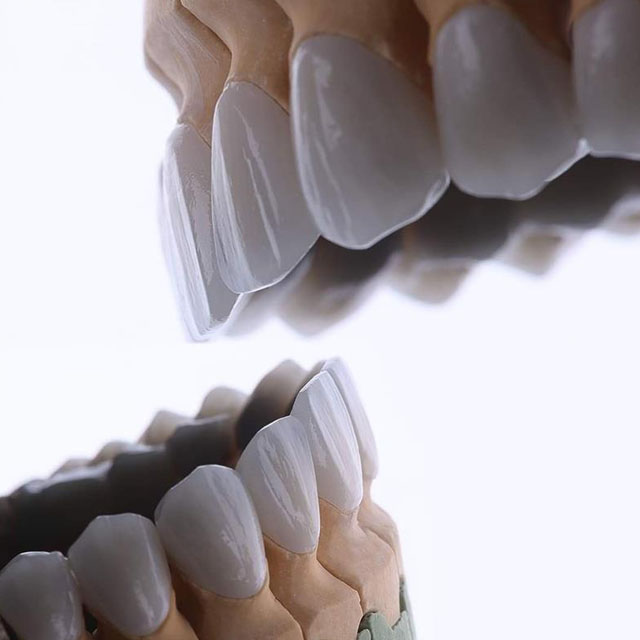
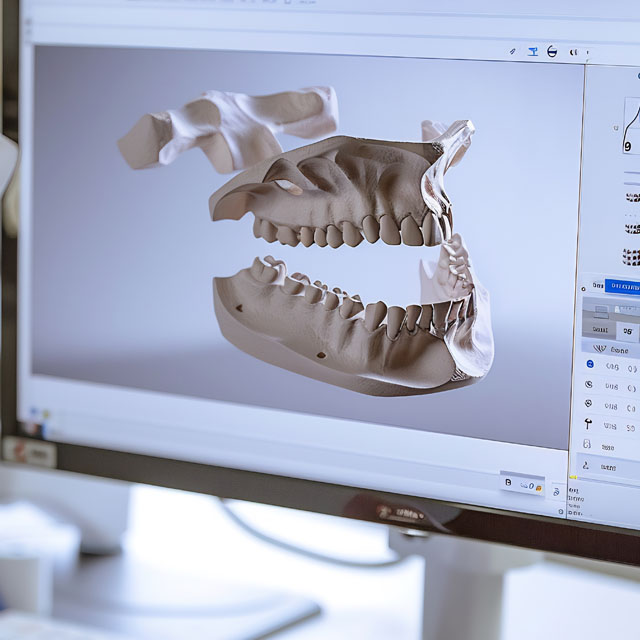

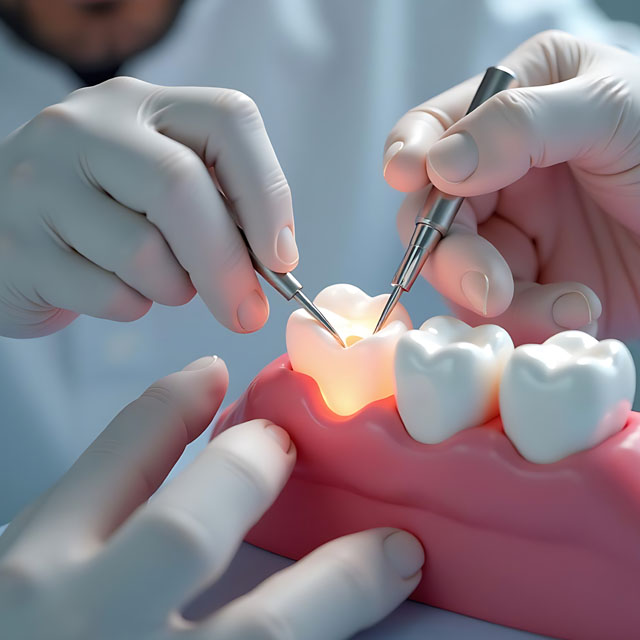








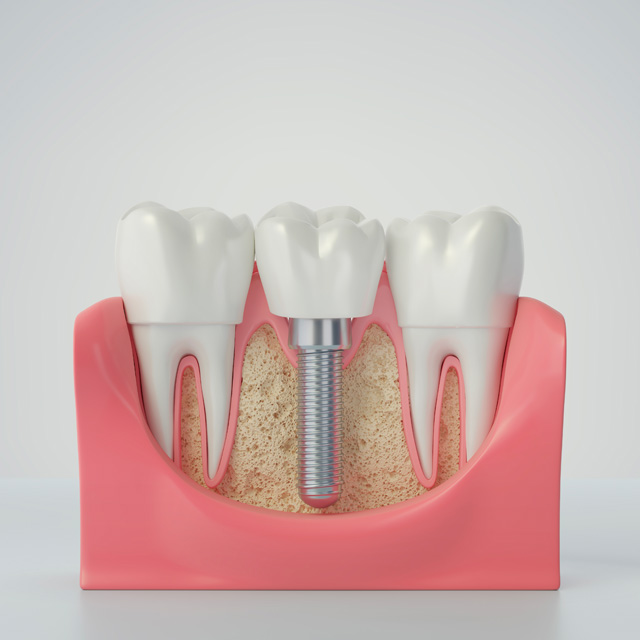
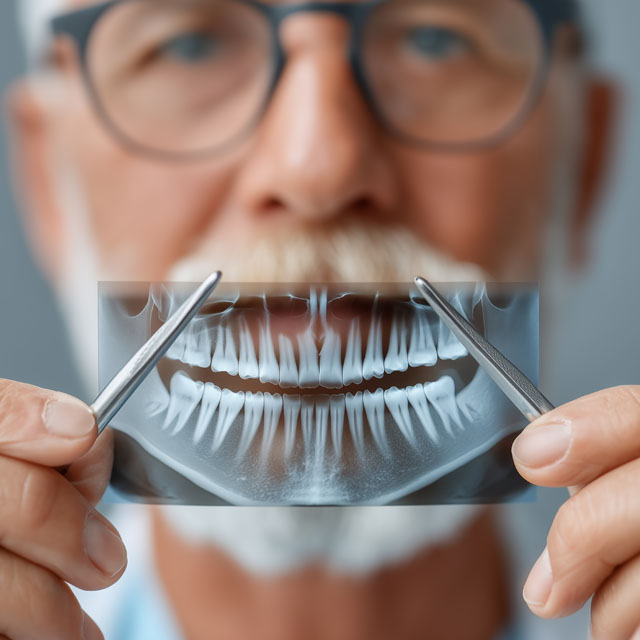
.jpg)

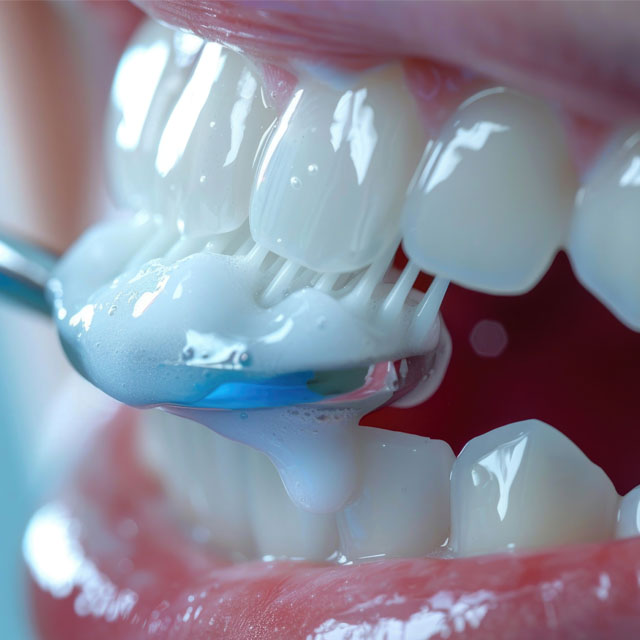

.jpg)



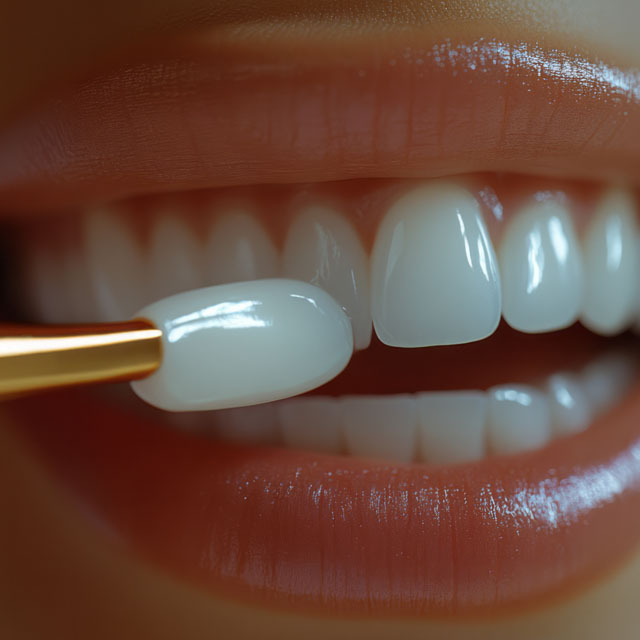
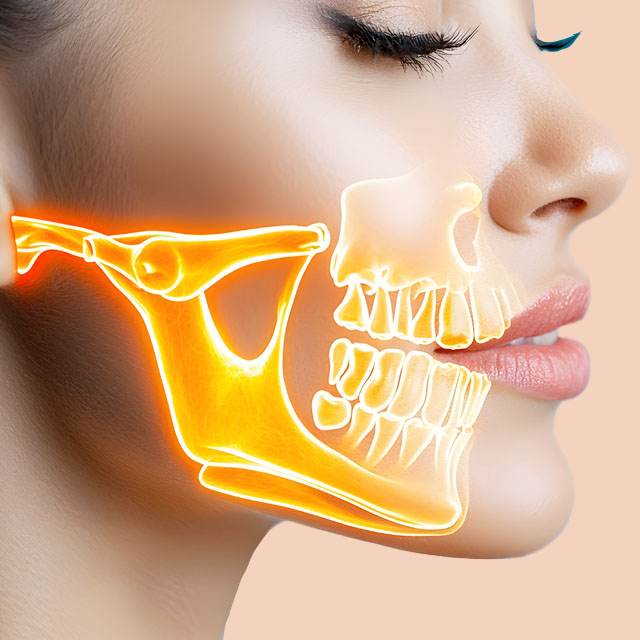
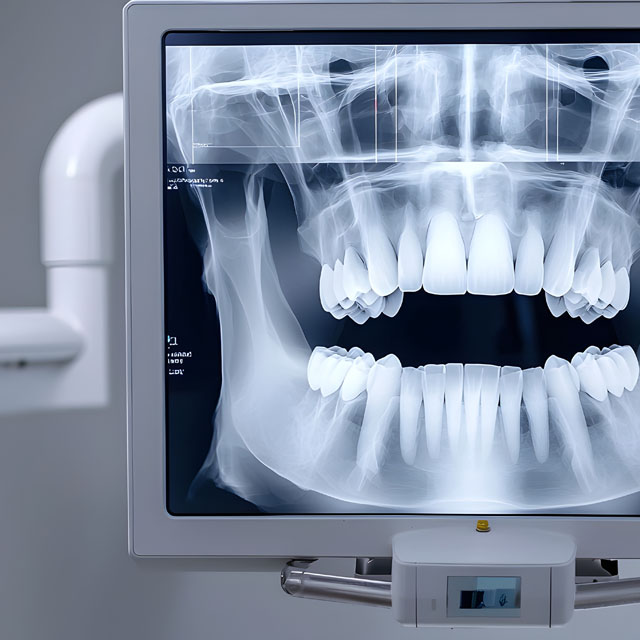
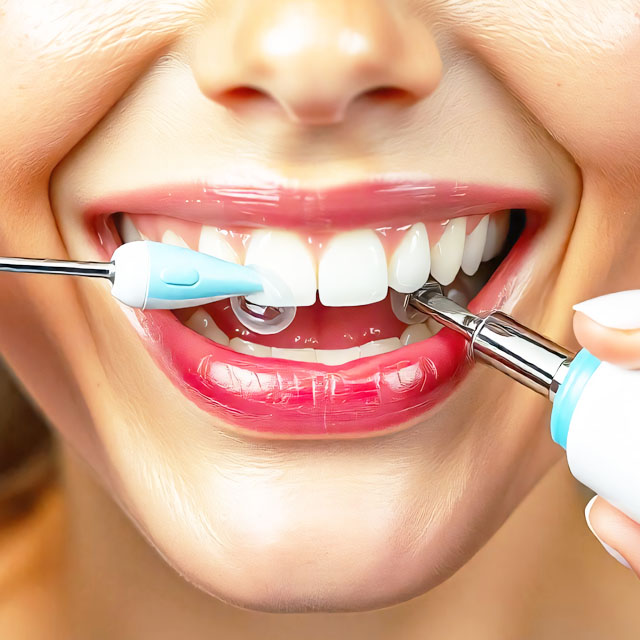
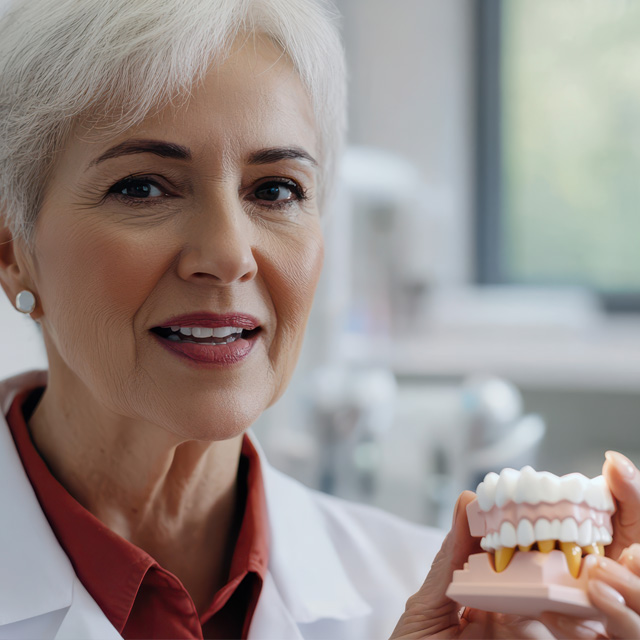
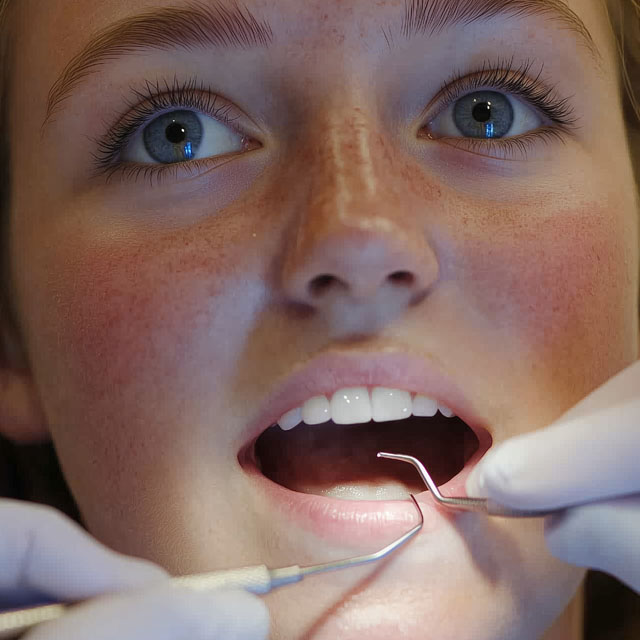
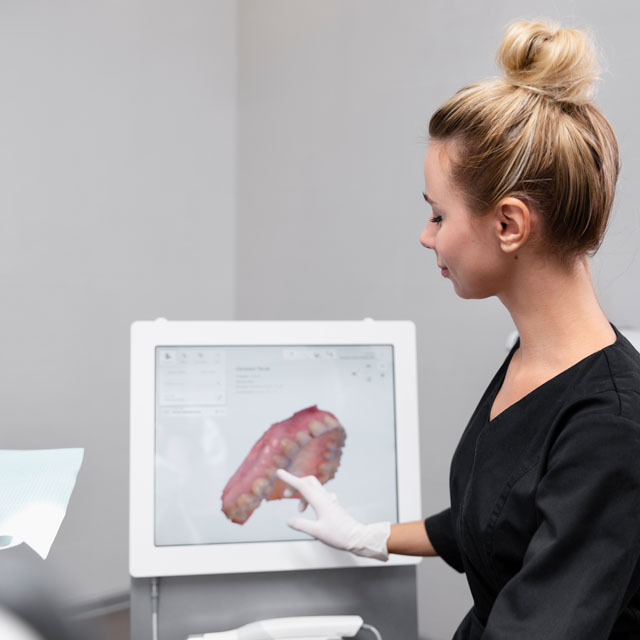

.jpg)
